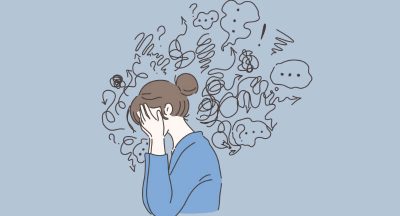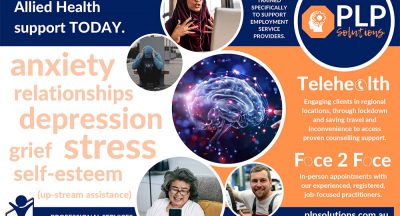
Why an addict needs love
Why Addicts Need Love
© 2018 Phoebe Hutchison
Working with people who have addiction is by far the most complex of all counselling. Why?
Clients with addiction, usually have so many other complications; whether it be food addiction, sex addiction, or drug and alcohol addiction. The addict usually also has anxiety, depression and/or relationship issues, as well as self dislike and financial struggle. They often feel helpless, angry, and trapped in this cycle.
Life often began with trauma, instability, neglect or abuse in their childhood. From this, their brains and nervous systems developed differently. Their reward pathways respond differently. And when they finally find ‘that thing’ that gives them the escape, pleasure, or the peace, their unstable nervous system and brain feel stable – they become ‘hooked’, and life becomes a ‘hell roller coaster’ of pleasure, pain, escapism, avoidance,
disconnection and shame.
Drugs or alcohol start as fun for most people, but … the man who spent years partying with friends, now sits alone smoking cones in his bedroom at his parent’s house… in his fifties. The pretty girl at high school is now in her forties, injecting herself with heroin, with a scarred face, no work, and suffers chronic anxiety and depression, claustrophobia, agoraphobia, and struggles to leave the house.
The partes and the fun ended decades ago, and now these lives are like warzones.
Often the addiction starts in their formative years, even as young as eight. The addiction becomes so integrated
into their identity that it becomes a part of how they see them self as they grow, develop and socialize.
Addiction can be thought of as a pair of invisible crutches that a person uses to help them through a tough time. However, they are often unable to release the crutches without professional help, and as a consequence, they do not heal all the invisible wounds.
Addiction is the warzone that causes scars and turmoil in: self-esteem, thought patterns, unresolved grief, emotional vulnerability, poor nutrition and low fitness, social isolation, avoidance of hobbies and passions. The addict is often not happy with themself or what they do in life.
So how can we help someone who is addicted?
Professional help is usually needed for this complicated area. An empathetic and capable addiction counsellor will work with the client to ensure that first of all this person has the help they need for them to feel more stable, loved, confident and more engaged in life. Once the client has many coping strategies, and he or she can begin to see hope for the future. The counsellor can then help this person rebuild their life from the ground up.
When the addict is able to see themselves in a more positive way, when they can have more positive thoughts, they will start to repair their life and move closer to being able to ‘let go’ of their addiction. The healing comes before the release.
Drug and alcohol counsellors help clients into full (or partial) recovery from: crystal methamphetamine (ice), marijuana, cigarettes and alcohol, and ‘give these clients their lives back’. We are simply guiding them, and giving them the tools, for a fulfilling life, and in many cases, doing trauma release work. Essentially, though, the client is doing the work – which is changing their mind, body and soul.
When clients experience dramatic ‘shifts’ and healing, and when they start to love what they do, who they are, and when they have hope for a better future, they no longer need to keep escaping with addiction.
Once we work through the grief, the trauma, the horrors of what we have been through, the beautiful soul underneath
is free to simply enjoy life and be present in each moment. No ‘long term’ drug addict truly wants to be a drug addict.
I don’t believe that long term addicts enjoy being addicts. The habits of addiction can be stopped. Once an addict sees
themself with love, the healing journey begins. A drug and alcohol counsellor is not someone there to tick the boxes.
A drug and alcohol counsellor, in my opinion, is a counsellor who is worthy to help heal the most complicated in all
human suffering… The addict.
Related Posts
Anxiety: When talk therapy is not enough
Better understand the causes, impact, and solutions, for anxiety. © 2016...
The Grief Process: 9 Ways to Cope Better
Author: Phoebe Hutchison Discover why the process of grief is designed to...
Cure Depression
Author: Phoebe Hutchison Know what the causes are, and what you can do, to...
PLP Introduces Telehealth and Mental Health
PLP Solutions is excited to announce a new PLP: 8 step model for mental health....




